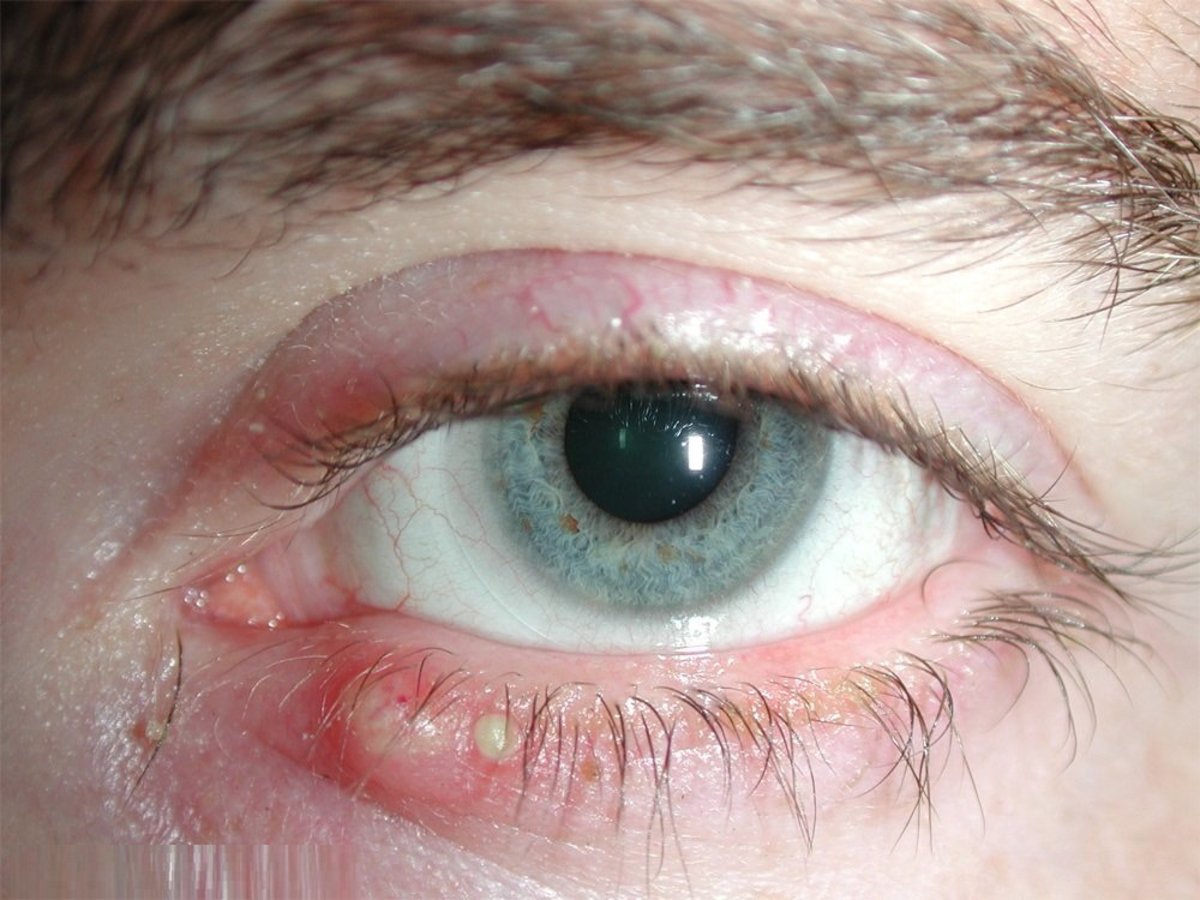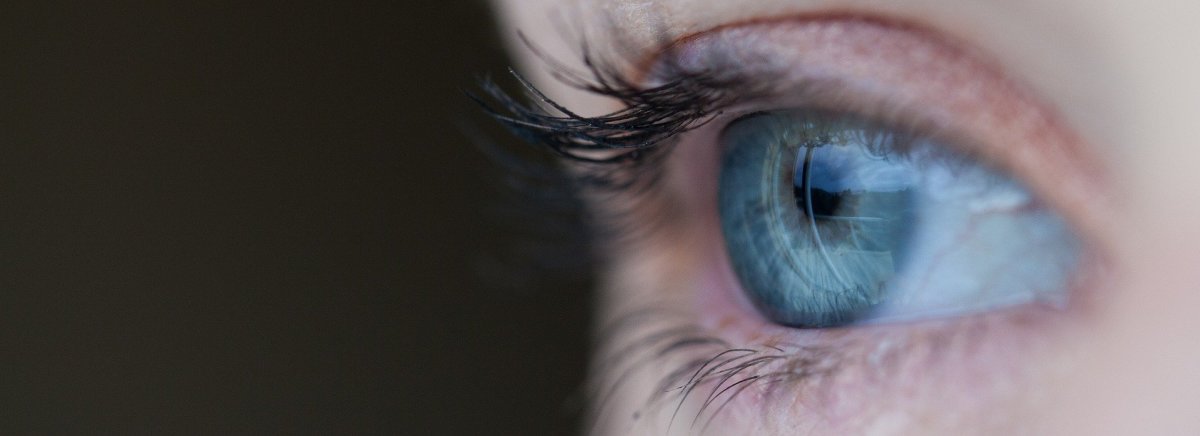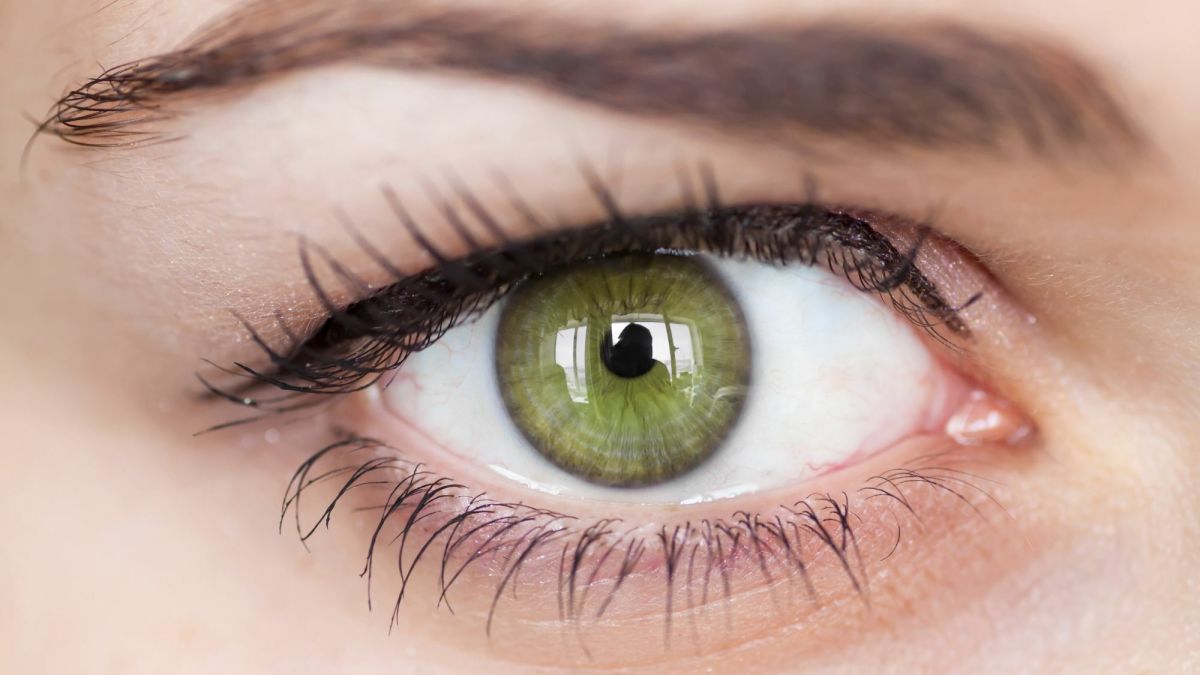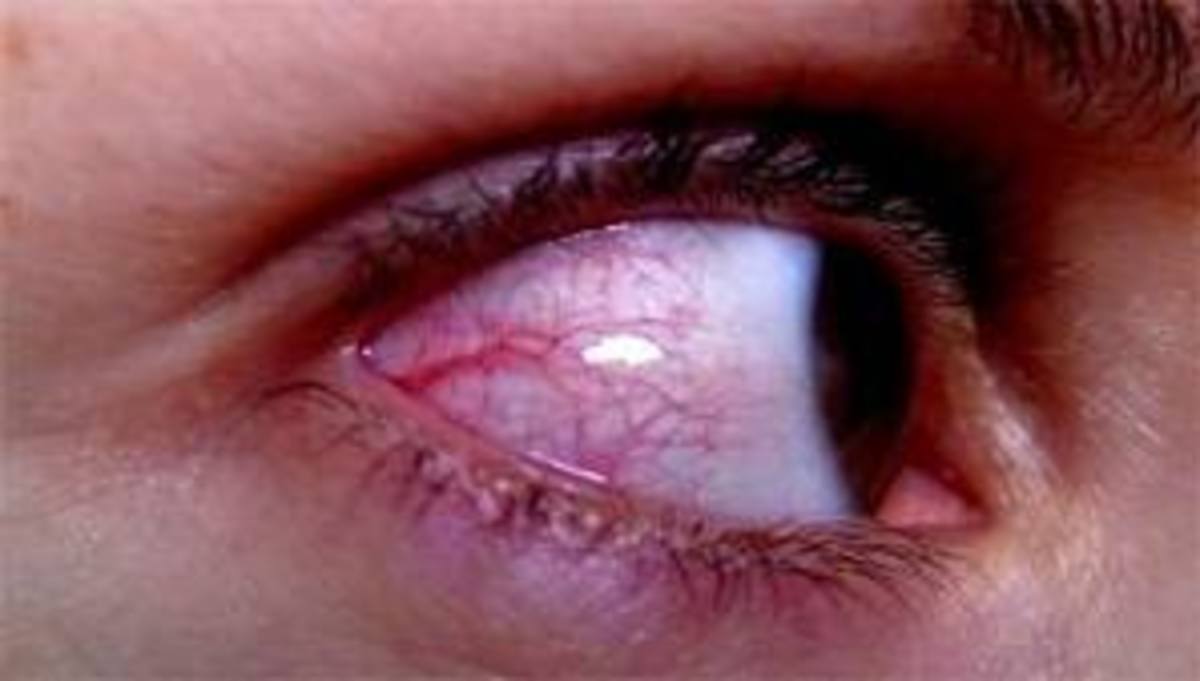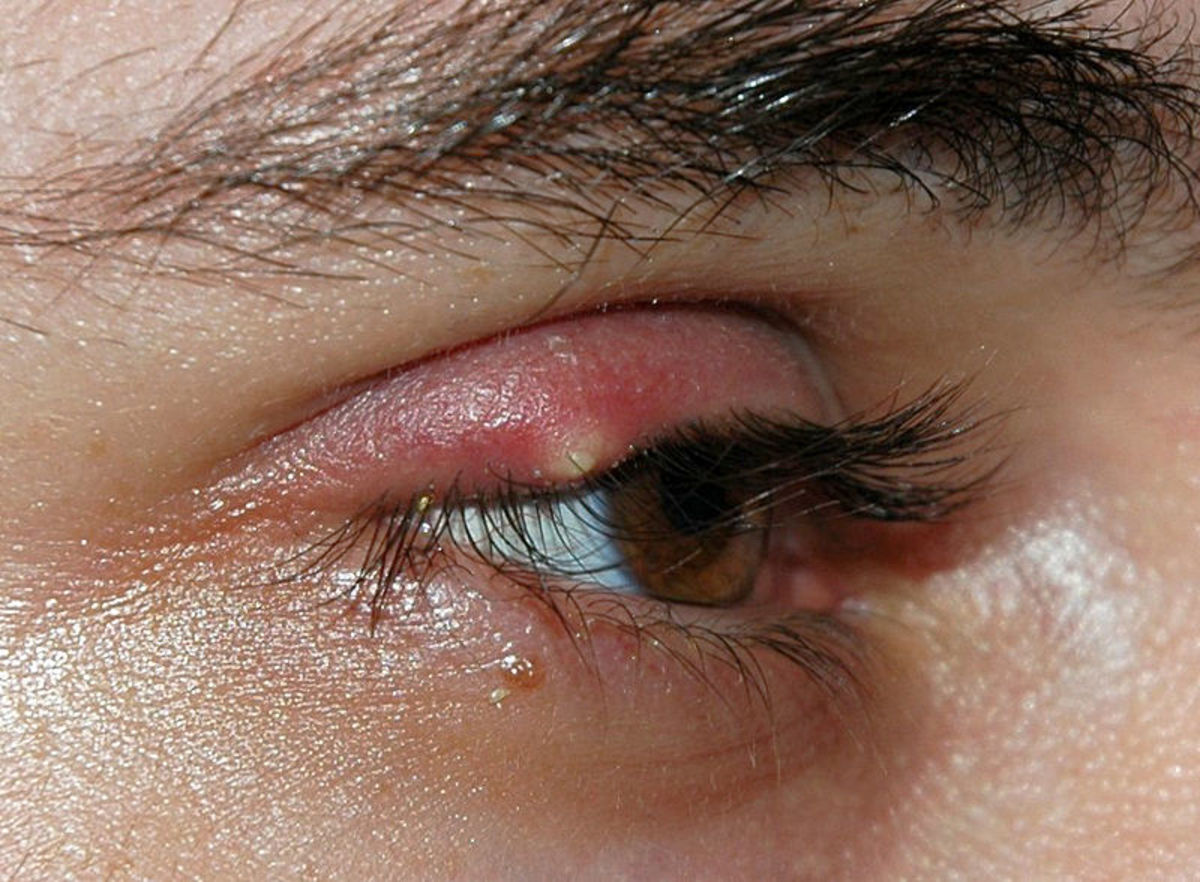Treatment for Dry Eyes
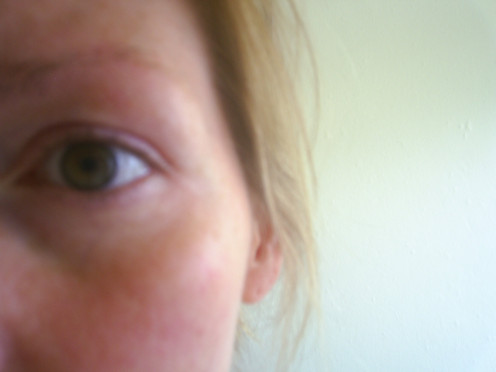
Dry, Itchy Eyes
Dry eyes can become uncomfortable over time, causing them to be itchy and watery.
Suffering from dry eyes or dry eye syndrome can be caused by a number of reasons. Also known as keratoconjunctivitis sicca, dry eye syndrome is generally when the tear film which lubricates the eye doesn't produce enough moisture.
The eyes need a sufficient amount of tears to keep the eyes healthy. Tears are a combination of moisture, oils, mucus (to spread evenly) and antibodies to fight infections. Without the moisture and oils the eyes become dry and without the antibodies, they are prone to infections
What Causes Dry Eyes?
There are a number of reasons for why someone has dry eyes.
Age
As you get older you don’t produce as many tears as you used to. It naturally comes with aging, with women being more prone after the menopause.
Medication
Medication can have side effects and one may be dry eyes. If you are taking a particular medicine and start to develop dry eye syndrome, there could be a connection.
Some medicines which could cause this include:
- The contraception pill
- Antihistamines
- Beta-blockers
- Anti-depressants
Illness or Disease
Some diseases could cause the effect of dry eyes. Sjogren’s syndrome and rheumatoid arthritis are examples of illnesses which may cause the problem.
Eye injury or eye surgery could also lead to dry eyes in the long run.
Contact Lenses
Contact lenses are worn over the eye, floating on the tear film as an alternative to glasses. Many people who wear contact lenses complain of having dry eyes, as it is thought the lens absorbs moisture.
Environment
Sometimes your environment or lifestyle can cause this problem. It could be down to central heating or air conditioning (at work for example), or from working with computers or looking at a TV screen for long periods of time.
Blepharitis
Blepharitis is an infection which causes inflamed eyelids. Having dry eyes means you are prone to this infection (other eye infections include conjunctivitis), but blepharitis also makes eyes feel dry.
Symptoms of Dry Eyes
- A feeling that there is grit in the eye
- Itching and sore (red eyes indicate infection)
- Watery eyes
- Blurred vision
- Sensitivity to bright lights
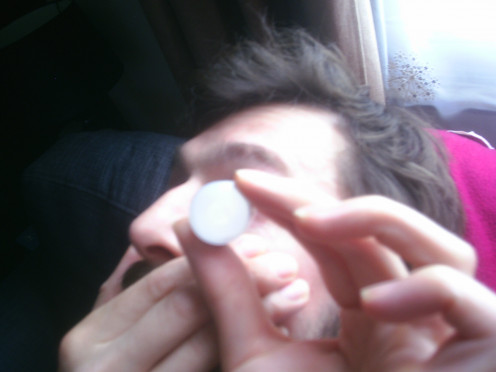
How to Treat the Condition
If you have dry eyes you can see an eye specialist who will advise you.
Depending on how severe the problem is, you will be prescribed eye drops and given eye care advice.
Artificial tears are eye drops you can put in as and when required. These lubricate the eyes acting as the role of real tears and can be a real help.
Eye ointment can be applied to the eyes at night as an extra lubricant if the artificial tears are not enough.
Medication is sometimes prescribed to help if there is an infection, or if the eyes are causing great problems surgery could be the solution.

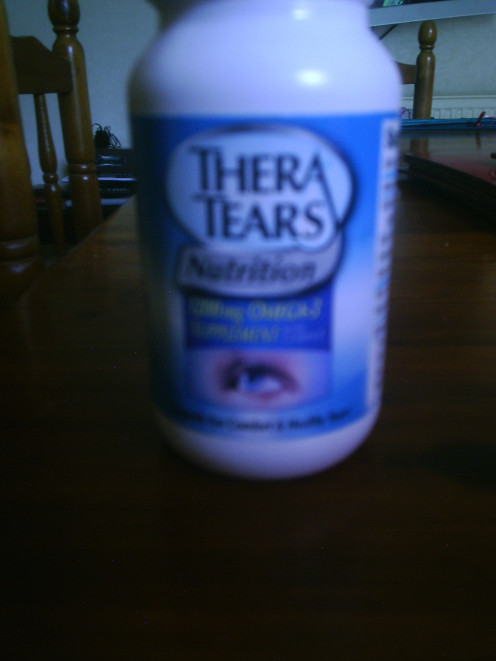
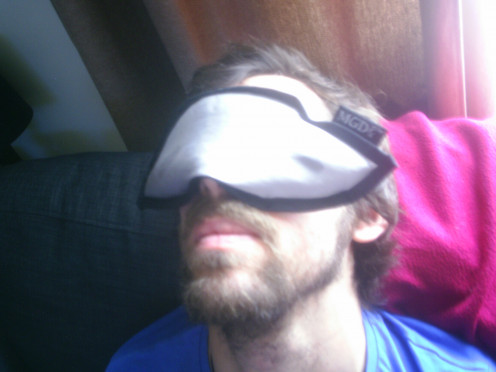
Fish Oils
Omega 3, 6 and 9 oils are great for healthy eyes. They contain essential fatty acids to support the function and help keep the moisture balance.
Omega 3 oil capsules can be purchased from health food stores and taken each day. A 1200mg strength capsule is slightly higher and recommended for dry eye syndrome.
Compliment your diet by eating foods rich in omega 3, 6 and 9 every day. Foods rich in this include:
- Oily fish, such as mackerel, sardines and pilchards
- Flax seeds
- Oils such as flax seed, linseed oil, wheat germ oil, vegetable oil
- Leafy greens
- Nuts and grains
- Sesame seeds
- Beans, such as kidney beans and lima beans
- Citrus fruits
Eye Bags
Using a warm compress on the eyes can help improve the moisture and oil balance.
Do this every morning for 10 – 15 minutes to improve the comfort as you wake. You can use a warm (clean) face cloth, warm tea bags or purchase a special eye bag from your optician which heats up in the microwave.
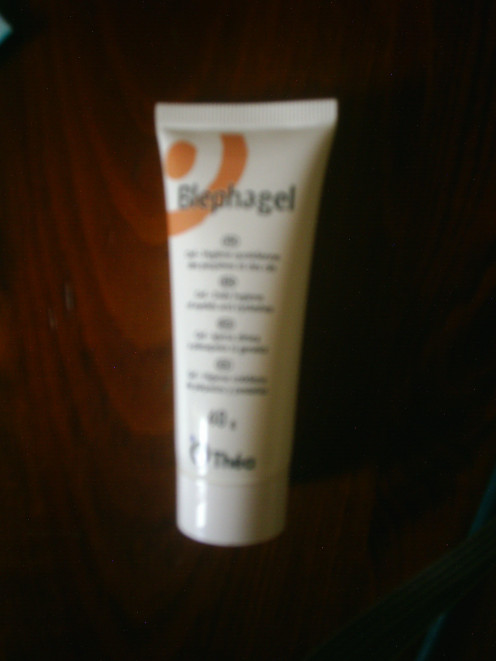
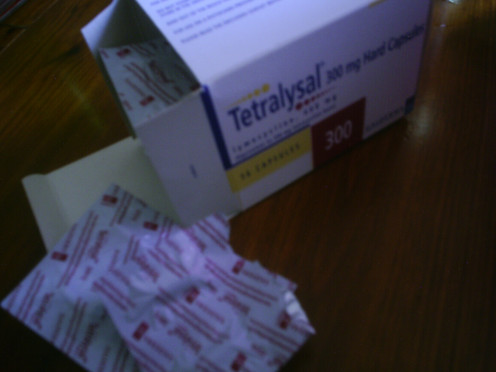
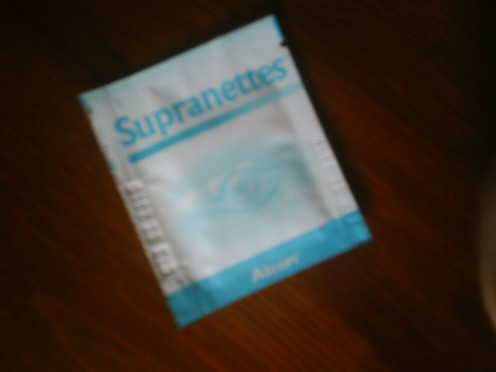
Blepharitis
Blepharitis is an infection causing inflammation of the eye lids. Those exposed to the bacteria stand a chance of contracting it. Dry eye syndrome sufferers are particularly vulnerable.
Symptoms
Symptoms of blepharitis include:
- Feeling of grit in the eye
- Itchy eyes
- Red eyes or eyelids
- Crusting on the eye lids and eyelashes
- Blurred vision
- Cysts or Styes
How to overcome Blepharitis
Taking antibacterial eye drops (such as Chloramphenicol for conjunctivitis) will help to fight against the infection. These can be purchased over the counter from a pharmacist or prescribed from your doctor.
Antibiotic tablets may also be prescribed to help if severe.
Good eye care and hygiene is vital for any infection. This means keeping hands clean and touching eyes less often. Use special wipes to clean the eyes throughout the day and a cleansing gel prescribed from your optician.
Use your cleansing gel after your compress. Apply it to a clean cotton bud or cosmetic sponge and run it along the inside of the lids.
Always ensure hands are washed before and after, and buds or sponges are disposed of or sterilized to avoid the infection spreading.


